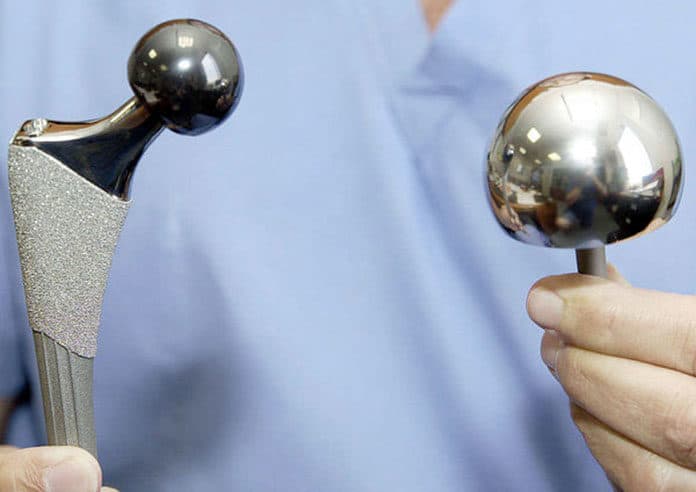Researchers at Hyderabad-based Indian Institute of Chemical Technology have identified a new biomaterial to prevent microbial infections on medical implants like urethral catheters.
Studies have shown that around 70–80% of hospital-acquired infections are due to the use of urethral catheters. It has been found that as the catheter is inserted into the bladder through urethra, the chance of developing catheter-associated infections enhances three to seven per cent with each day of catheterization. This may mean additional financial burden for patients since these infections cause serious complications.
Urethral catheter-associated infections frequently arise from diverse poly-microbial communities. The problematic microbes causing biofilms include Candida albicans (C. albicans), Staphylococcus aureus (S. aureus), Pseudomonas Aeruginosa, and Escherichia coli. Candida albicans and Staphylococcus aureus are the worst offenders. The ability of Candida albicans to form a biofilm, its high rate of proliferation and defense escape strategies makes this fungal species drug-resistant accounting for about 30% of inpatient deaths. Staphylococcus aureus also is a highly prevalent pathogen in catheter-associated urinary tract Infections in children.
“The ability of Candida albicans to form a biofilm, its high rate of proliferation and defense escape strategies makes this fungal species drug-resistant accounting for about 30% of inpatient deaths.”
Species of Candida albicans and Staphylococcus aureus form mixed biofilms over various medical devices. Therefore, researchers have been trying to identify new methods to inhibit clinically significant Candida albicans or mixed biofilms of Candida albicans and Staphylococcus aureus. Besides, efforts are on to develop safe and biocompatible drug carriers that enable controlled drug release and increased bioavailability thus lowering the therapeutic dosage.
Antimicrobial coatings on material surfaces can prevent microbial infections due to biofilms on medical implants. Several solutions are available. An aromatic compound called phenazine-1-carboxamide is one of them.
In the new study, scientists at Indian Institute of Chemical Technology synthesized mesoporous silica nanoparticles and functionalized it with the compound. They have found the new material to be four-fold more effective than pure phenazine-1-carboxamide due to nanosizing. Mesoporous materials contain pores with diameters ranging between 2 and 50 nanometers.
The research team included C. Ganesh Kumar, Sirisha Kanugala, Sudhakar Jinka, Nagaprasad Puvvada and Rajkumar Banerjee (IICT). The research results have been published in the journal Scientific Reports.
